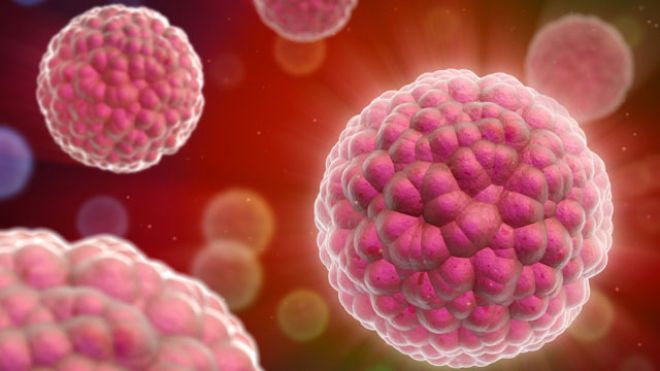New tumor-killer shows great promise in suppressing cancers
This molecule is based on a natural protein present in human breast milk, which has been found to have strong and wide-ranging tumour killing properties when bound to certain lipids. Lipids are organic molecules like amino acids and carbohydrates, made up of carbon and hydrogen, and help to store energy and to form biological membranes. …

